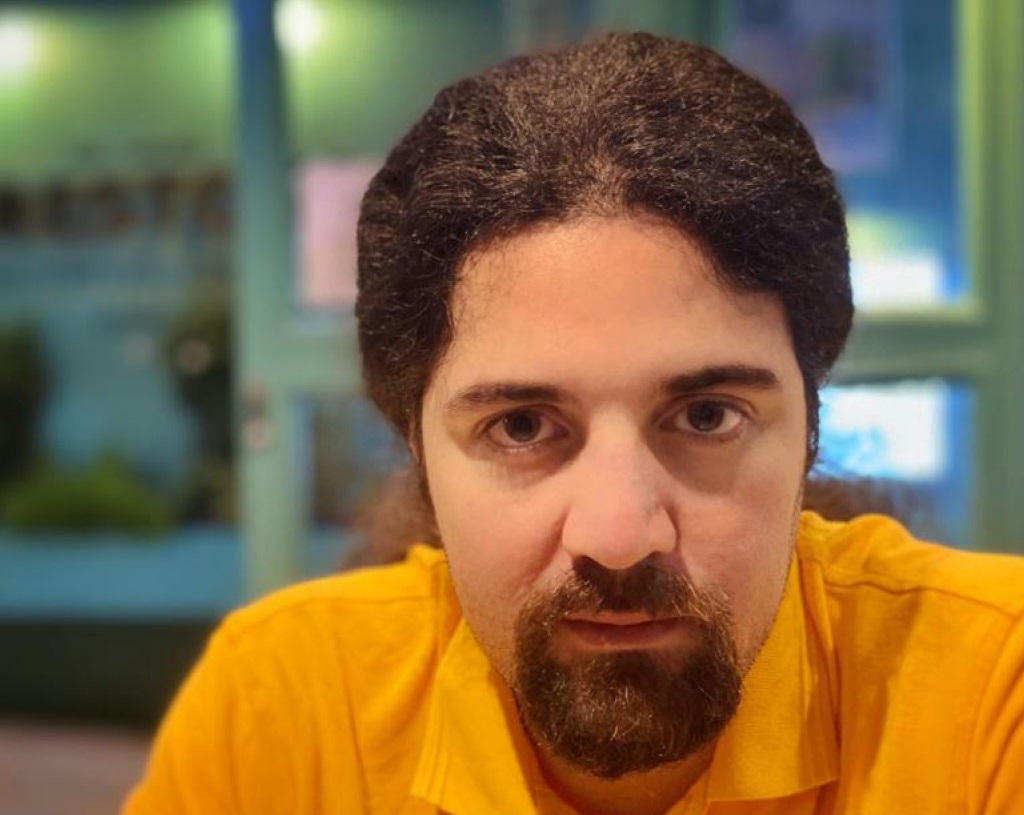When Iranian cinematographer Ali Rezvani arrived in Australia from Turkey in 2020, he experienced an uphill battle to find work.
Despite having shot more than 30 projects across features, documentaries, and shorts, and working with filmmakers such as Abbas Kiarostami, he received limited responses to emails enquiring about openings or requesting meetings.
Among those who did get back were companies looking for placements in their camera departments who told him he may be “overqualified”.
“I couldn’t get a proper job in the industry so I started to do some short films with my own camera, as well as a video project with the Inner West Council,” Rezvani told IF.
“It was the third time I was starting my professional career from scratch, having learned filming where I grew up in Isfahan before moving to Tehran, and then Turkey.”
Rezvani is part of a community of highly skilled refugees that the Arts and Cultural Exchange (ACE) hopes to assist with its Screen Trades initiative.
Announced as one of five recipients of the 2022 Screenrights Cultural Fund, the Screen NSW-supported pilot program was created to address shortages in VFX, production accounting, and assistant camera roles through industry-focused craft development and professional employment pathways for First Nations and culturally and linguistically diverse (CALD) practitioners.
34-year-old Rezvani is among 14 confirmed attendees for the introductory assistant Camera workshop to be held at Panavision’s Sydney office next Monday, where he will come under the guidance of national TVC marketing manager Nicolas Godoy.
This will be followed by a masterclass with a professional 1st assistant camera operator still to be announced who will talk specifically about on-set protocols and the industry skills involved in working as a 1st camera assistant, 2nd camera assistant, and camera attachment for TV, feature films, and TVCs.
As part of the training, participants will have the opportunity to shadow industry professionals on set via on-the-job placements at TVC production companies Finch, Goodoil, Revolver and Collider.
ACE will also work with education partner TAFE to support its two overseas-qualified practitioners, of which Rezvani is one, providing bespoke support that will allow the pair to fully participate in the program.

There is one aspect of the training the international creative is already looking forward to.
“I’ve worked with different types of cameras but I’ve never touched a Panavision camera,” he said.
“They were on my mind when I came here and I sent them an email previously, so this is a good opportunity for me.”
Speaking about the upcoming workshop ACE screen cultures producer Barry Gamba said it was exciting for the community arts organisation to be working with “an international industry leader” like Panavision, noting an “overwhelming” response to the initiative.
“We’ve got a long history of working with Panavision, where Nick in particular has provided his expertise and skills to the projects we’ve been working on,” he said.
“So that led us to talk about what we could do to address diversity in the below-the-line workforce and Nick has brokered some great opportunities for these four TVC companies to come on board and provide really practical pathways to experience.”
Panavision has also signed on to work with ACE on Screen Trades next year to allow people who missed out this year to take part.
Godoy said it was an honour to be able to contribute to the program.
“Panavision shares ACE’s commitment to supporting and empowering underrepresented communities by providing education and opportunities for career development,” he said.
“We’re thrilled that we can provide access to our equipment and resources for this group of aspiring camera assistants from First Nations and culturally and linguistically diverse communities. I can’t wait to meet and work with the participants.”
Following the camera assistant training, the ACE will collaborate with TAFE’s Aboriginal education and engagement unit to run a First Nations emerging VFX course, for which EQ Media Group, Lingo Pictures, The Post Lounge, and Cutting Edge are industry partners.
Applications for the assistant camera workshop close tomorrow, November 9. Find out more information here.


